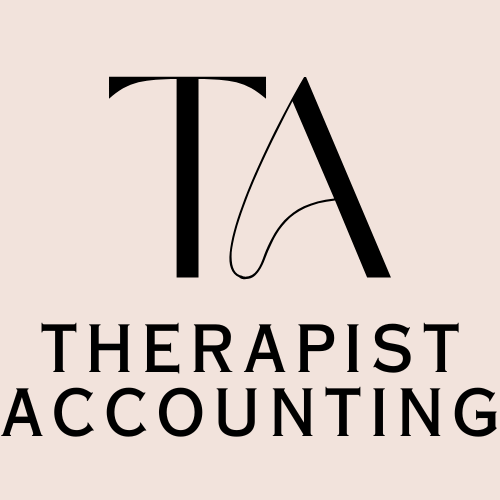In today’s dynamic economy, many individuals are exploring side hustles to supplement their primary income. Whether it’s selling handmade crafts online, offering freelance services, or renting out property, these ventures can provide financial flexibility and personal fulfillment. However, it’s crucial to understand the tax implications associated with additional income to ensure compliance and avoid unexpected liabilities.
Understanding the Trading Allowance
The UK government offers a trading allowance that permits individuals to earn up to £1,000 annually from self-employment or casual services without incurring tax obligations. This means that if your gross income from side activities—such as selling goods or providing services—does not exceed this threshold, you are not required to declare it to HM Revenue & Customs (HMRC). However, if your earnings surpass £1,000, it’s mandatory to register for Self Assessment and report this income.
Property Income and the Rent a Room Scheme
For those earning income through property rentals, a separate property allowance allows you to earn up to £1,000 tax-free each year. If you’re renting out a furnished room in your primary residence, the Rent a Room Scheme enables you to earn up to £7,500 annually tax-free. Exceeding these limits necessitates reporting the income and may involve paying tax on the surplus.
Registering for Self Assessment
If your side hustle earnings exceed the applicable allowances, you must register for Self Assessment with HMRC. The registration deadline is 5 October following the end of the tax year in which you earned the income. For instance, if you earned additional income during the 2023/24 tax year, you should register by 5 October 2024. Timely registration is essential to avoid penalties and ensure accurate tax reporting.
Record-Keeping and Expenses
Maintaining detailed records of all income and expenses related to your side hustle is vital. Accurate record-keeping not only facilitates seamless tax return filing but also ensures you can substantiate any expense claims if audited. Allowable expenses—such as costs for materials, travel, and a portion of home utilities—can be deducted from your income, reducing your taxable profit. However, if you opt to use the trading allowance, you cannot claim additional expenses.
Digital Platforms and Data Reporting
As of January 2024, digital platforms like eBay, Airbnb, and Uber are required to report users’ income details to HMRC, particularly if you sell over 30 items or earn more than €2,000 annually on a platform. This increased transparency aims to ensure all taxable income is appropriately reported. Therefore, it’s imperative to accurately declare your earnings to avoid potential discrepancies and penalties.
Avoiding Common Misconceptions
A prevalent myth is that occasional sales of personal items are taxable. In reality, selling personal possessions at a price lower than their original purchase cost typically doesn’t attract tax. However, if you’re purchasing items with the intent to resell them for profit, this constitutes trading, and the income may be taxable if it exceeds the £1,000 trading allowance.
Staying Informed and Seeking Assistance
Tax regulations can be intricate, especially when juggling multiple income streams. HMRC’s ‘Tax Help for Hustles’ campaign offers comprehensive guidance tailored to various side hustles, ensuring you understand your tax obligations. For personalised advice, please get in touch.
